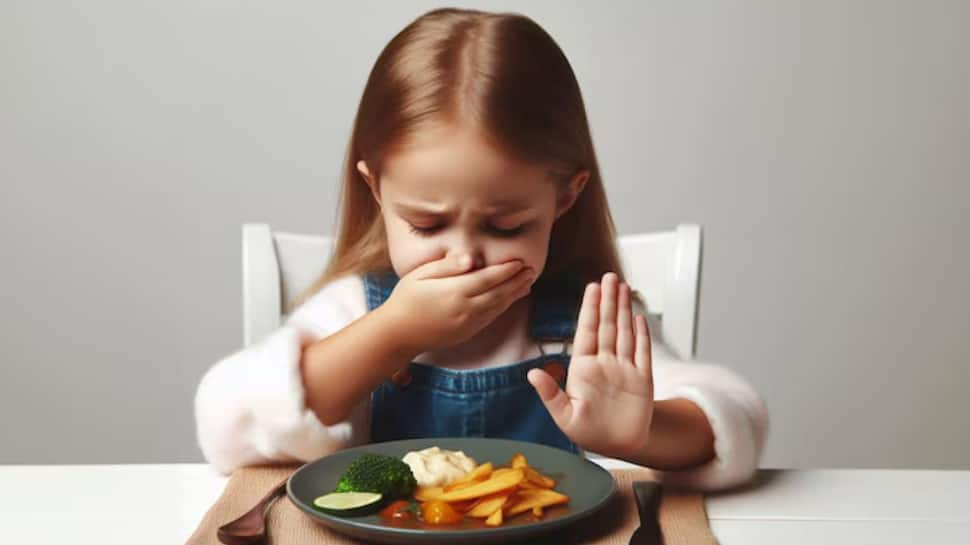Achalasia cardia is a mild esophageal disorder the food pipe that impairs its functioning to deliver food to the stomach. Most children eat happily running, playing, taking bites between. Occasionally, though, something as basic as swallowing becomes a struggle. That’s what occurs in achalasia cardia, a condition so rare that only a few cases have been documented. In achalasia cardia, the food pipe simply refuses to do its part.
Under normal circumstances, food travels down the esophagus and into the stomach when a valve-like muscle at the lower end, the lower esophageal sphincter (LES), relaxes. In achalasia, this valve fails to relax. Rather, it closes down, leaving food trapped in the chest and inducing vomiting, pain, and weight loss.
In kids, the symptoms might be missed easily in the beginning. Difficulty swallowing, food coming back up, constant coughing or choking while eating, and sudden loss of weight are huge red flags. Parents may assume it is acidity or a stomach infection, but if the symptoms persist, one needs to dig deeper.
ALSO READ | Is It Just A Headache? When Your Migraine Might Be Warning You Of Something Serious
Physicians typically depend on two tests to diagnose. An endoscopy allows them to look inside the food pipe and stomach, and an esophageal manometry tests how efficiently the muscles are functioning. Both of them verify if it’s achalasia.
The good news is, there’s an effective treatment. It’s called Peroral Endoscopic Myotomy (POEM) a minimally invasive procedure where doctors insert a scope through the mouth, make a small cut inside the food pipe, and gently release the tight muscle. The opening is then clipped shut, and in most cases, children can sip liquids the very next day and return to a normal diet within a few days.
Take the case of Ruhul Amin, an 8-year-old from West Bengal. One day, in the middle of lunch, he suddenly couldn’t swallow. For weeks, every bite he tried to eat came right back up. He grew thinner, weaker, and even had to stop going to school. After months of worry, his parents took him to where they first consulted Dr Archana M, Consultant Paedriatrics, Manipal Hospital Old Airport. Tests revealed achalasia cardia. Though the condition is extremely rare in children his age, a team of specialists performed the POEM procedure successfully. Within days, Ruhul was eating without pain, slowly regaining his lost weight, and getting ready to go back to school.
ALSO READ | Monsoon Hair Woes? Experts Reveal Science Behind Frizz, Hair Fall, And What Really Helps
“In adults, Achlasia is reasonably common, but in children, it is extremely rare—and only a limited number of these procedures have been performed across the country. Few such cases have been documented, with this being one of them,” said Dr Srikanth, Consultant Paediatric Gastroenterology & Hepatology, Manipal Hospital Old Airport Road
“In Ruhul’s case, it was a day-care procedure, which went extremely smoothly, and the child was started on liquid feeds the following day,” said Dr Raj Vigna Venugopal, HOD & Consultant Medical Gastroenterology, Manipal Hospital Old Airport Road
“While we have expertise in performing nearly 300 of these procedures, a majority of which have been carried out on adults, we have also conducted them on children as young as 13. However, operating on an 8-year-old malnourished child weighing only 18 kg presented its own challenges,” he added.
What this really means is that while achalasia cardia is rare in kids, it’s not impossible to treat. If a child struggles to swallow or keeps vomiting food, parents should pay attention and seek medical advice early. With timely diagnosis and advanced treatment, children can return to being their lively, playful selves.

